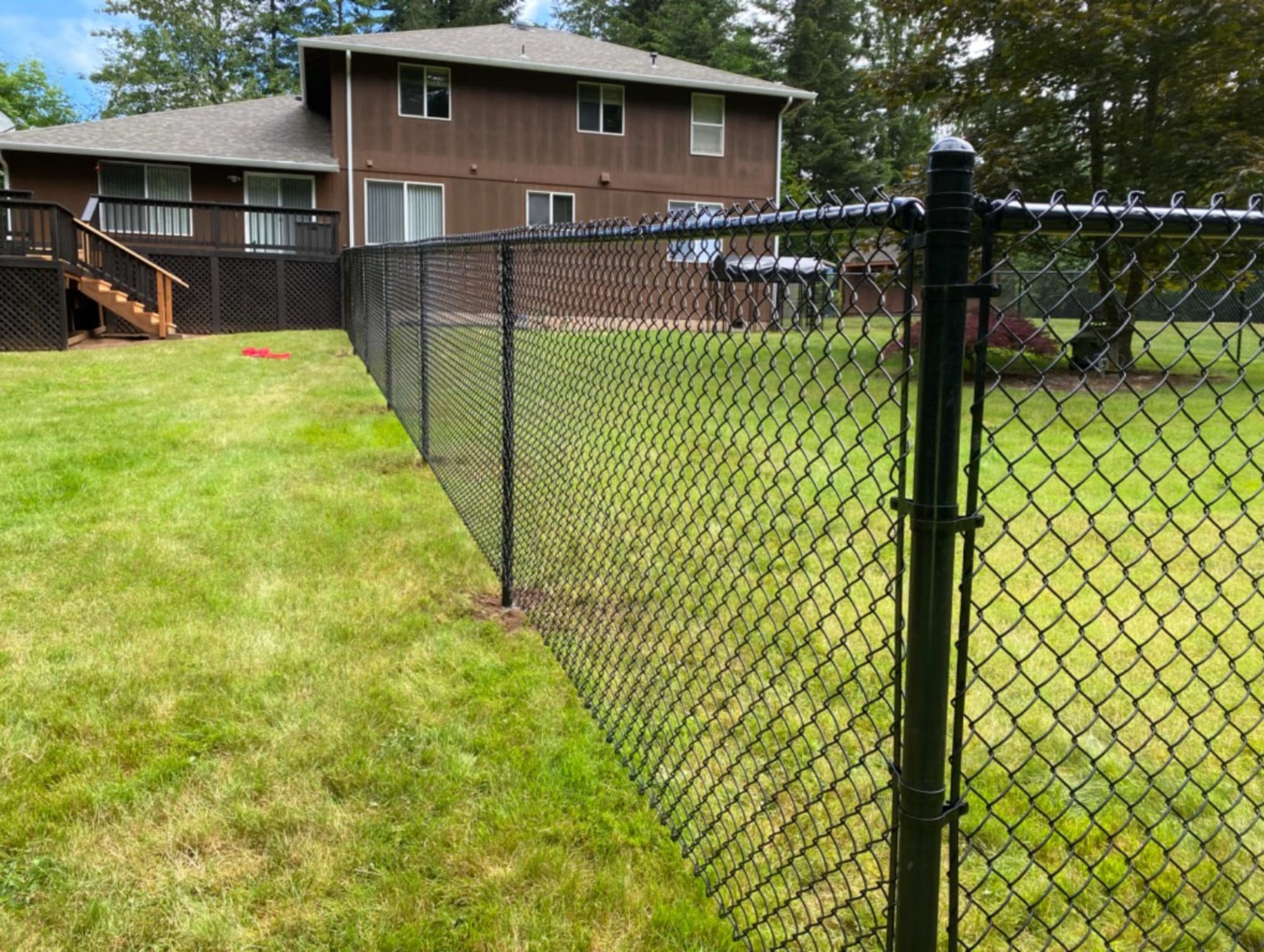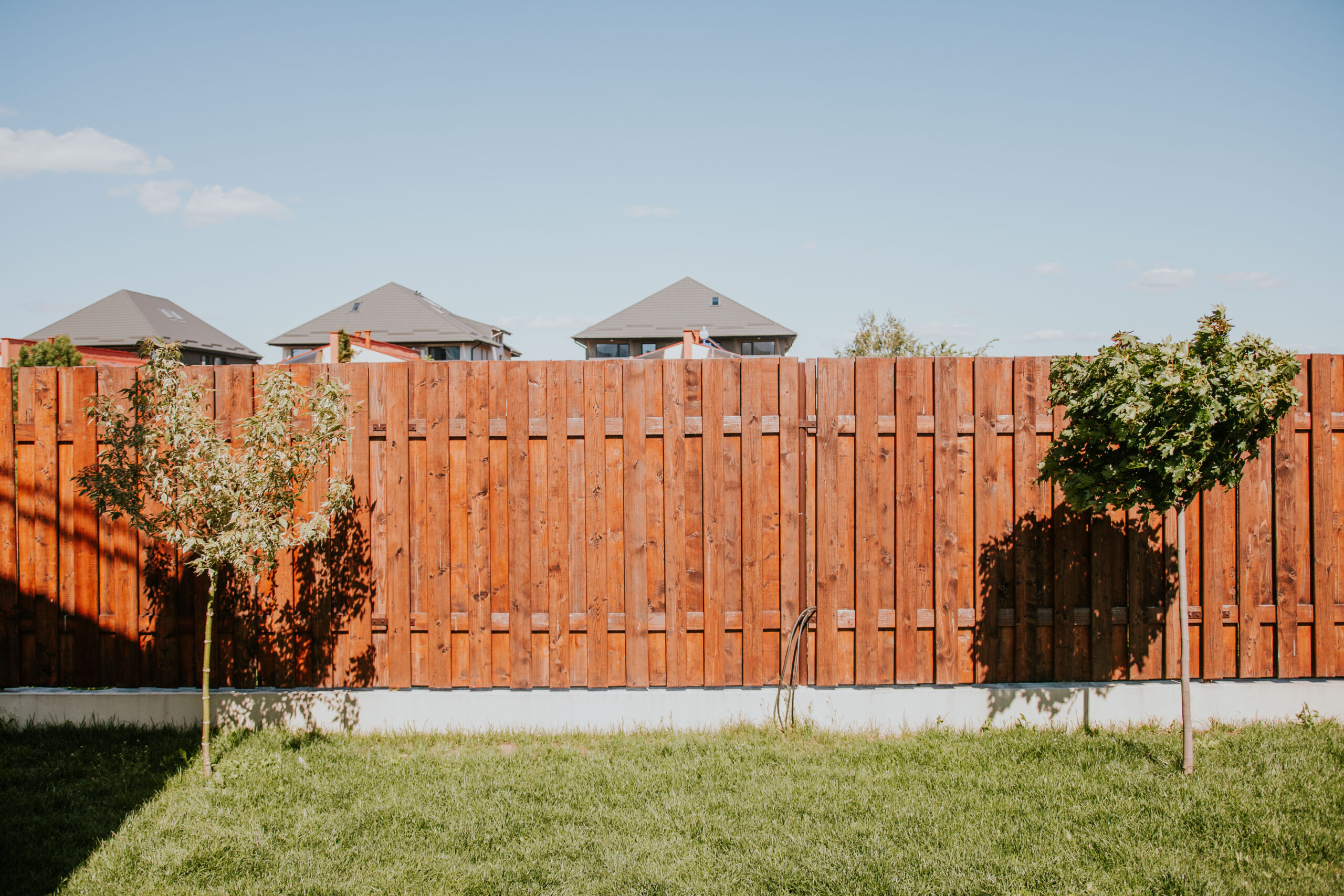All Categories
Featured

When installing a fencing, choosing the ideal product is vital to stabilizing functionality, visual appeals, and budget plan. Timber, plastic, and light weight aluminum are amongst one of the most commonly picked fencing materials, each with its downsides and strengths. This overview explores the benefits and drawbacks of these alternatives to help you make a notified decision.

Timber Fence. Pros:. Natural Beauty: Timber's timeless appeal can enhance any kind of home with its timeless and cozy look. Personalized: You can repaint, discolor, or sculpt timber to fit your design choices. Inexpensive: Timber secure fencing is at first much more economical contrasted to some various other materials. Eco-friendly: As a renewable energy, wood is biodegradable and frequently thought about green. Disadvantages:. Maintenance-Intensive: Normal securing, painting, or staining is needed to avoid damages from climate and parasites. Prone to Decay: Without appropriate treatment, wood can rot, warp, or fracture gradually. Much shorter Lifespan: Generally, timber fencings last 10-15 years, depending on the kind of wood and upkeep. Wood is a great alternative for those who value aesthetics and want to invest in normal maintenance to maintain its look and resilience.
Plastic Fence. Pros:. Reduced Maintenance: Vinyl calls for very little treatment-- simply periodic cleaning with soap and water. Weather condition Resistant: It does not warp, rot, or catch insect damage, making it extremely sturdy in various environments. Durability: Plastic fences can last 20-30 years with little to no repairs. Design Variety: Available in a vast array of styles, textures, and colors, consisting of wood-like appearances. Cons:. Higher First Price: Vinyl fencings are more expensive ahead of time compared to timber. Susceptability to Cold: In exceptionally winter, vinyl can end up being susceptible and brittle to fracturing. Minimal Repair Options: Matching substitute panels can be challenging if damages occurs. Vinyl secure fencing is excellent for property owners searching for a lasting, low-maintenance remedy that offers modern-day versatility.

Light Weight Aluminum Fencing. Pros:. Rust-Proof: Light weight aluminum stands up to rust, making it an exceptional option for humid or damp atmospheres. Sturdy: Despite being lightweight, aluminum is strong and can stand up to severe climate condition. Low Maintenance: It needs marginal upkeep, generally only occasional cleansing. Long Life expectancy: Light weight aluminum fences can last years without significant damage. Elegant Design: Usually made use of for ornamental functions, aluminum fence includes a streamlined, sophisticated appearance to residential properties. Disadvantages:. High Initial Investment: Aluminum fences are amongst the pricier options on the marketplace. Much less Privacy: The open layouts usual with aluminum secure fencing do not offer much privacy. Vulnerable to Damage: While long lasting, aluminum can damage if struck with adequate pressure. Light weight aluminum is an excellent selection for house owners focusing on looks and resilience without calling for much maintenance.
Making Your Choice. When making a decision between wood, plastic, or aluminum secure fencing, consider your top priorities:
Wood matches those who value a natural appearance and don't mind placing in upkeep effort. Plastic is the best option for those looking for a low-maintenance, weather-resistant option. Light weight aluminum supplies smooth style and lasting durability yet might lack personal privacy. By thoroughly assessing these materials' features, you can choose a fence that matches your home while fulfilling your useful and aesthetic needs.
Latest Posts
Uncover Montclare Auto Repair’s Leading Auto Repairs and Why Drivers Rely On Them
Published en
1 min read
Explore Premier Auto Repair Services in Chicago – Keep Your Car Running Smoothly
Published en
1 min read
Find Cost-Effective Auto Repairs with Montclare’s Limited-Time Service Specials
Published en
1 min read
More
Latest Posts
Uncover Montclare Auto Repair’s Leading Auto Repairs and Why Drivers Rely On Them
Published May 31, 25
1 min read
Explore Premier Auto Repair Services in Chicago – Keep Your Car Running Smoothly
Published May 27, 25
1 min read
Find Cost-Effective Auto Repairs with Montclare’s Limited-Time Service Specials
Published May 22, 25
1 min read